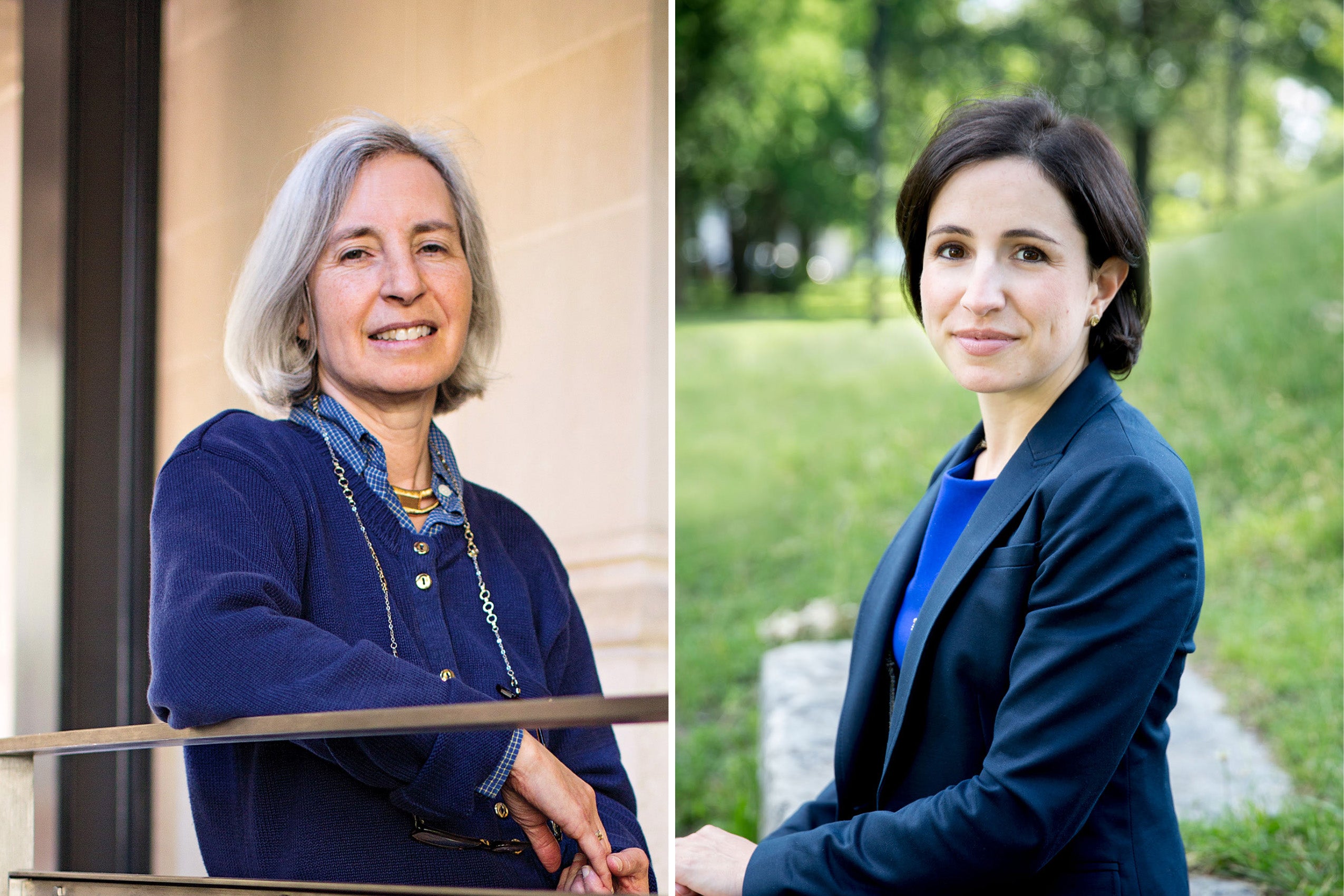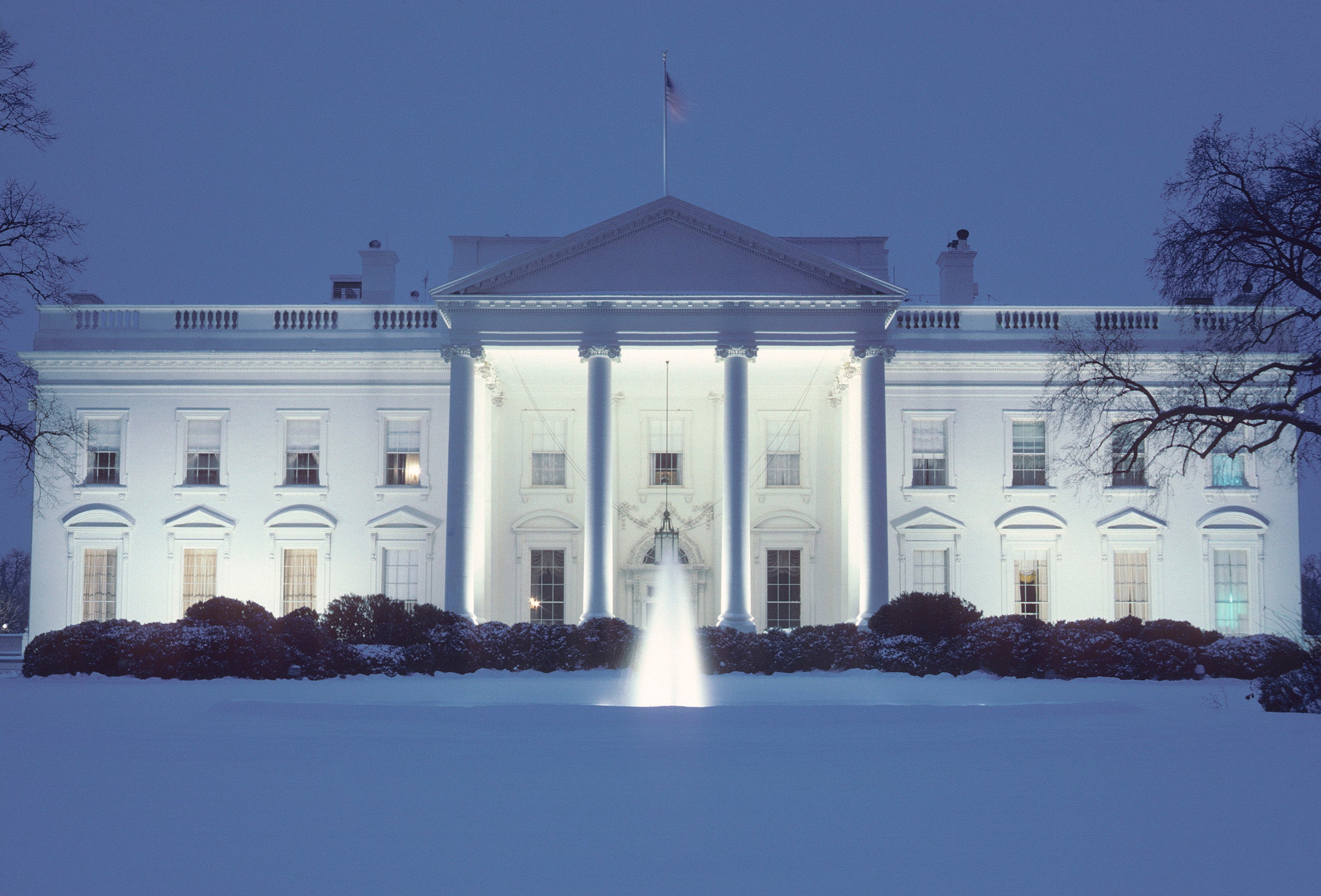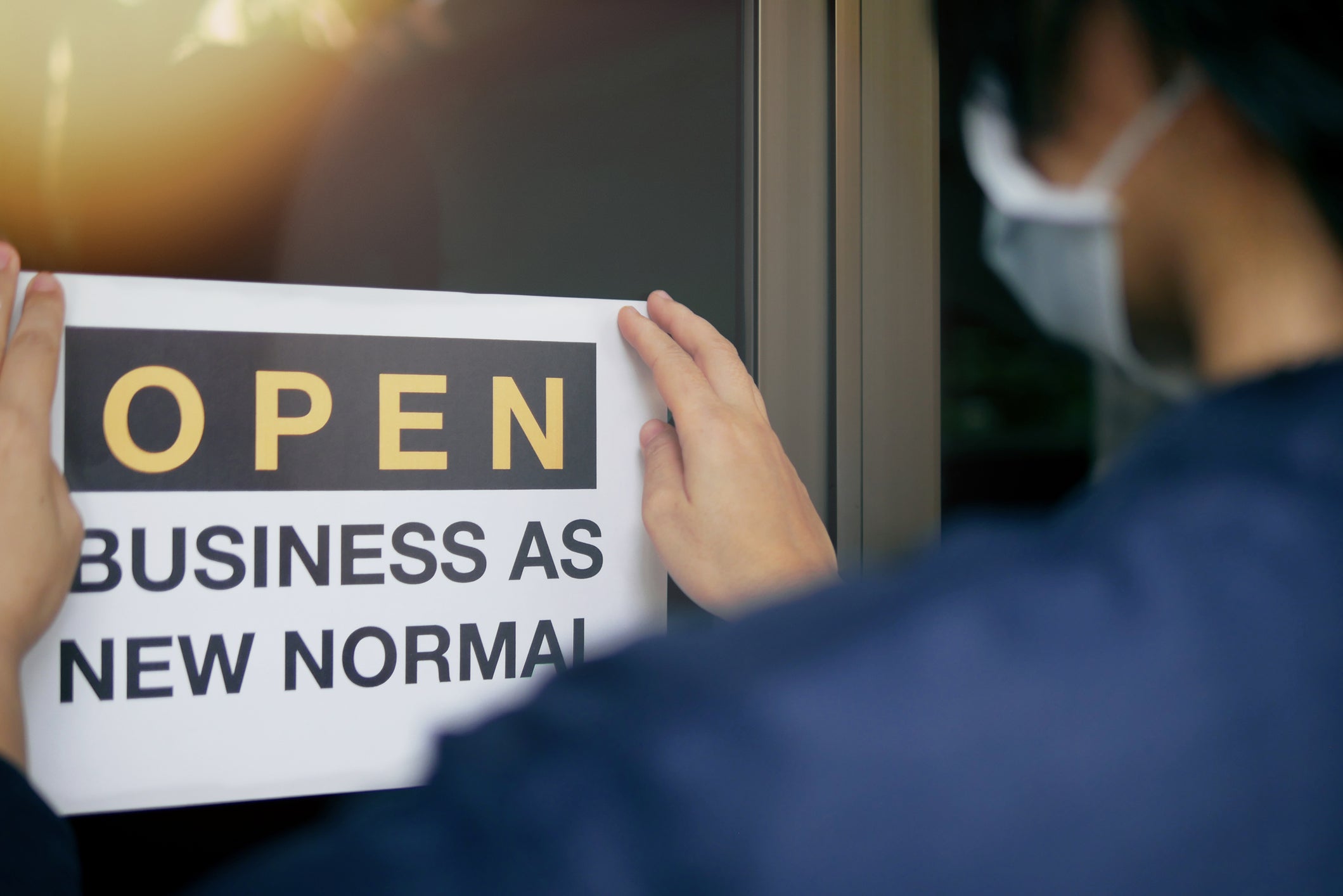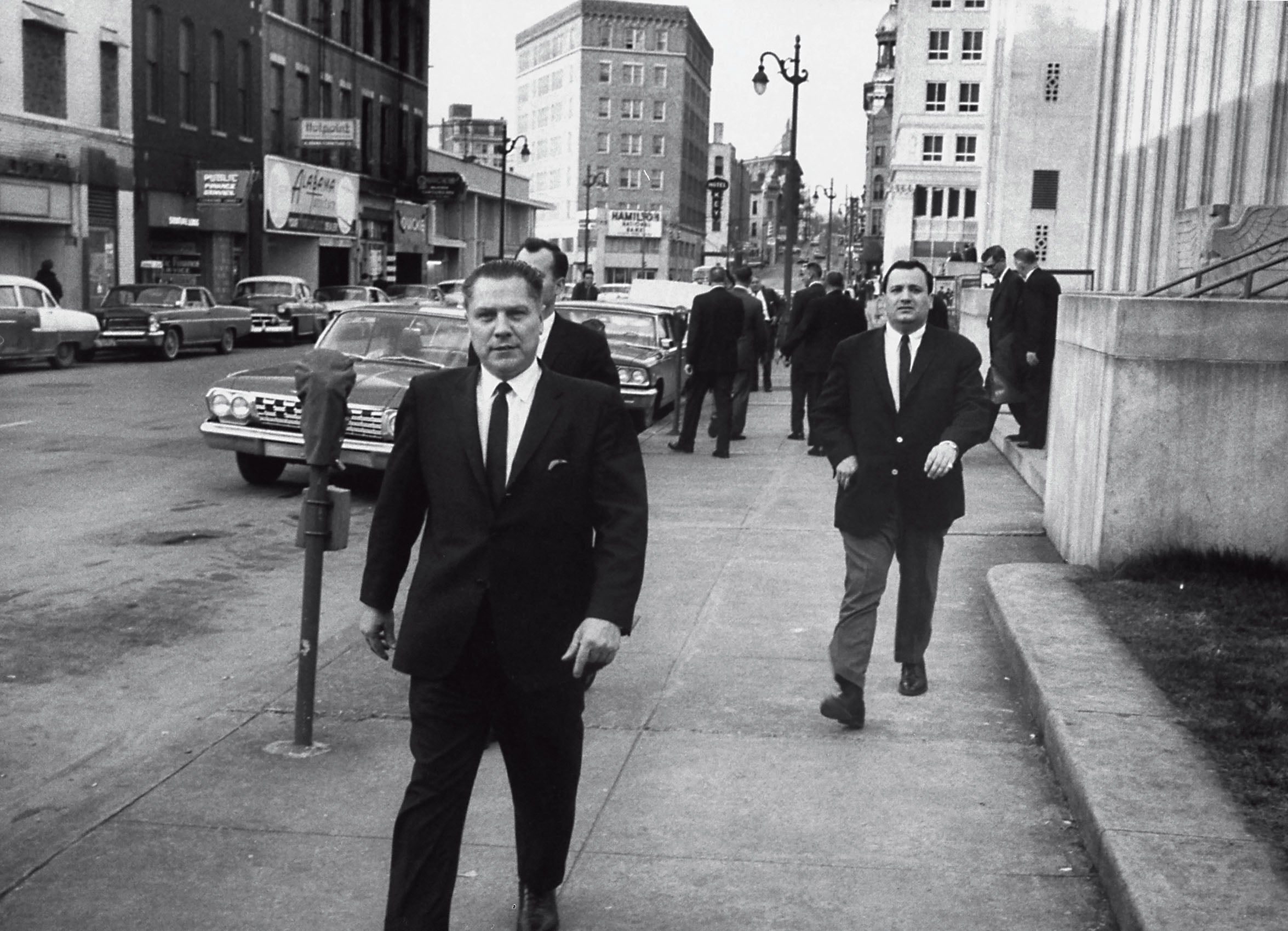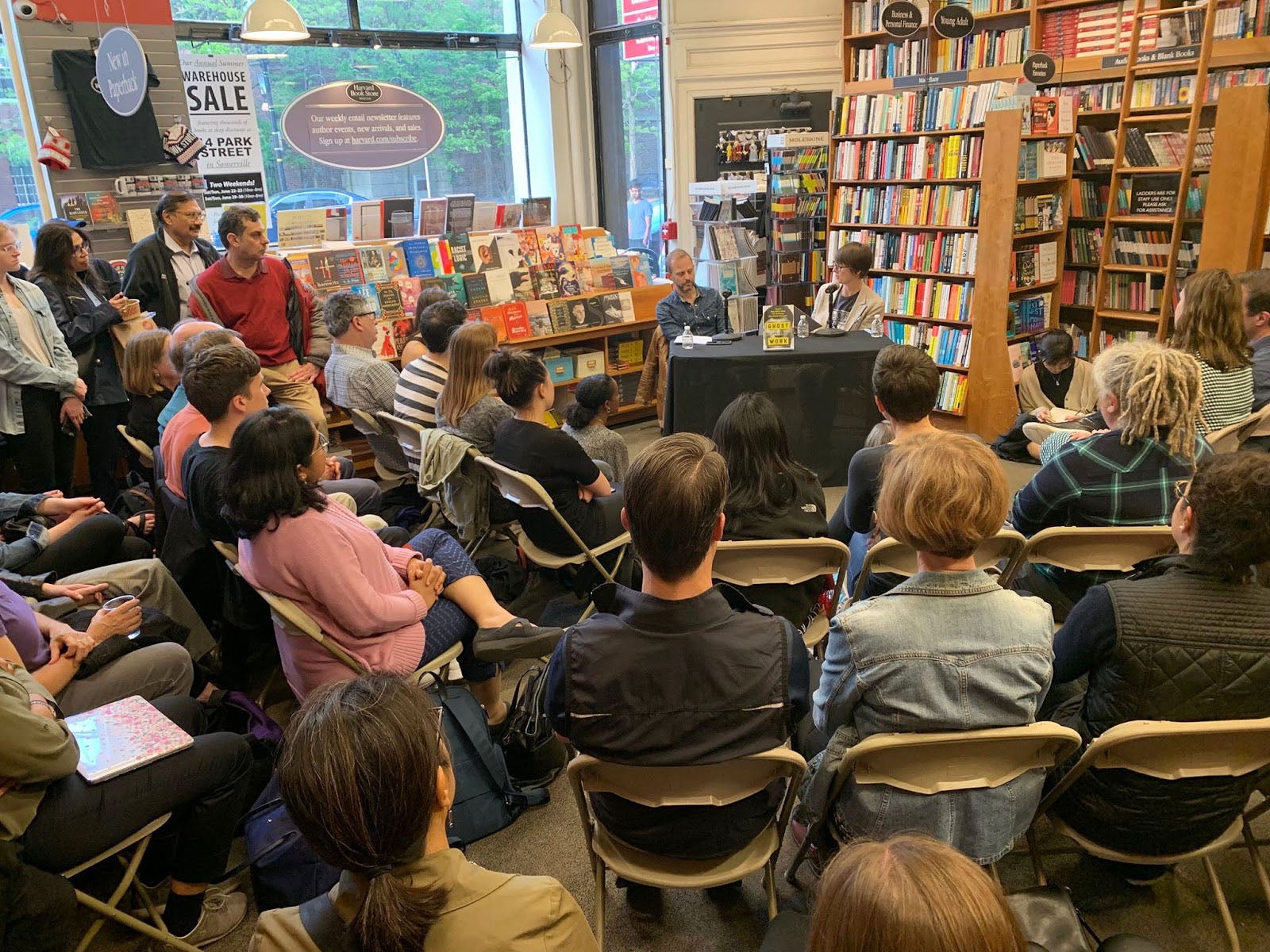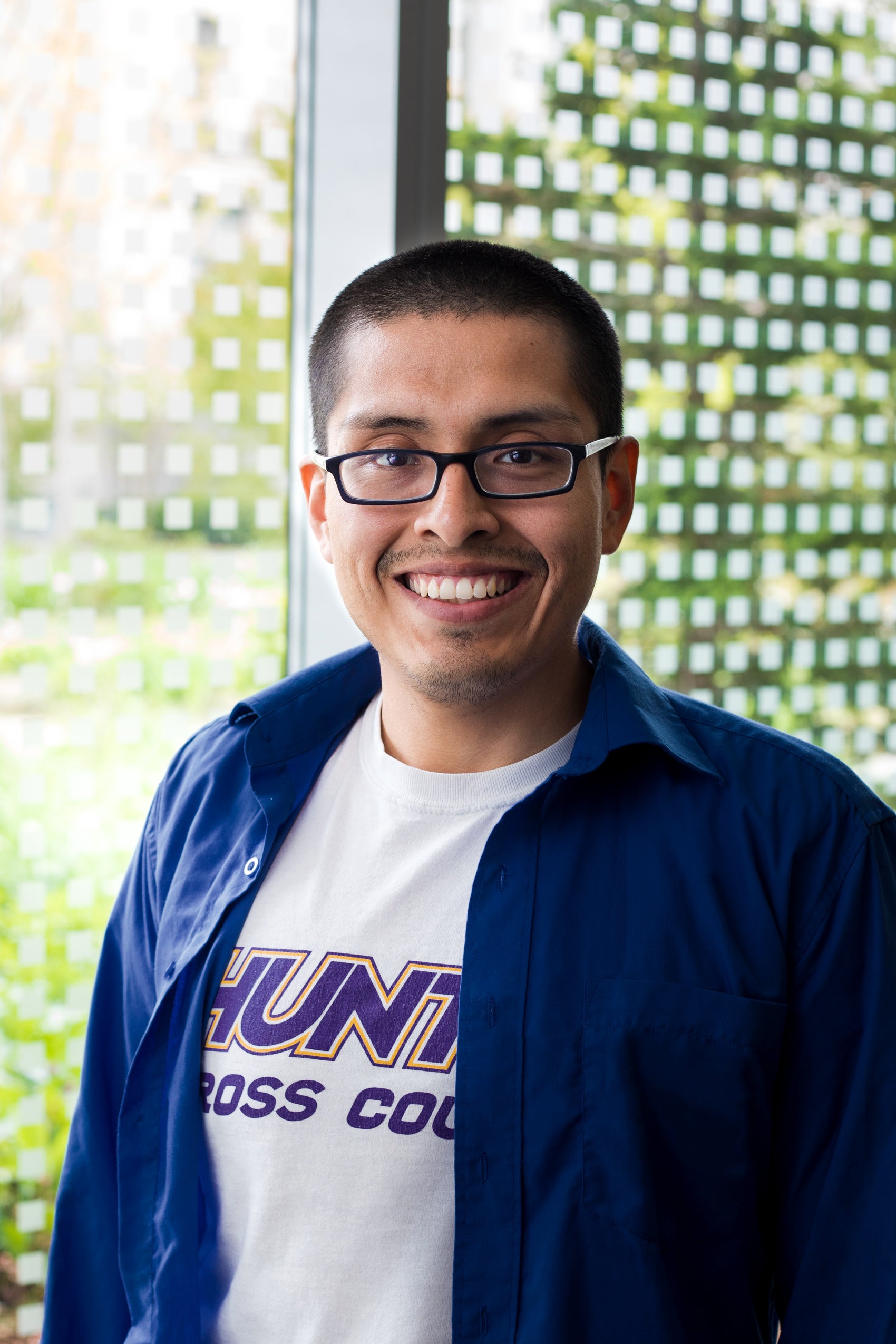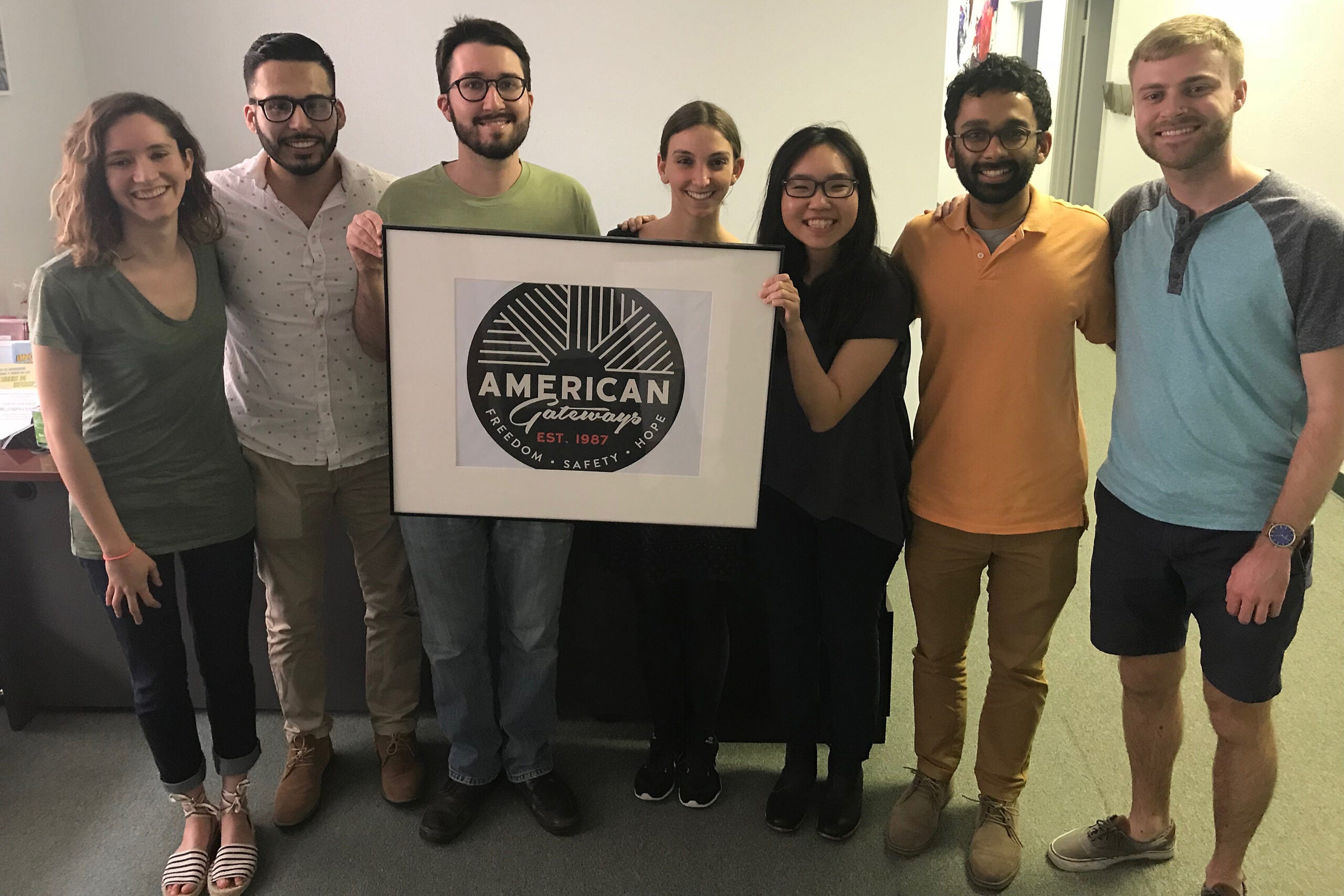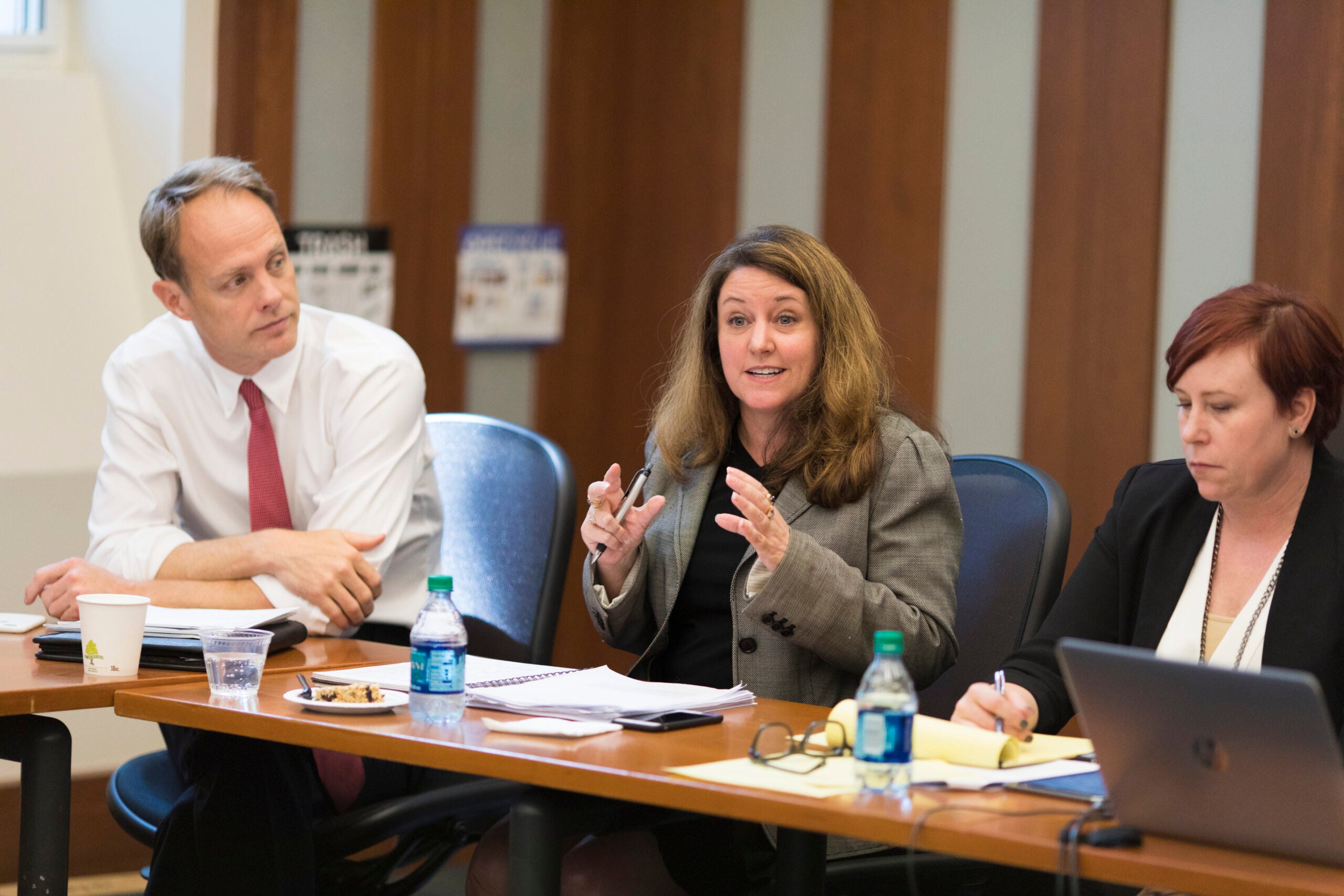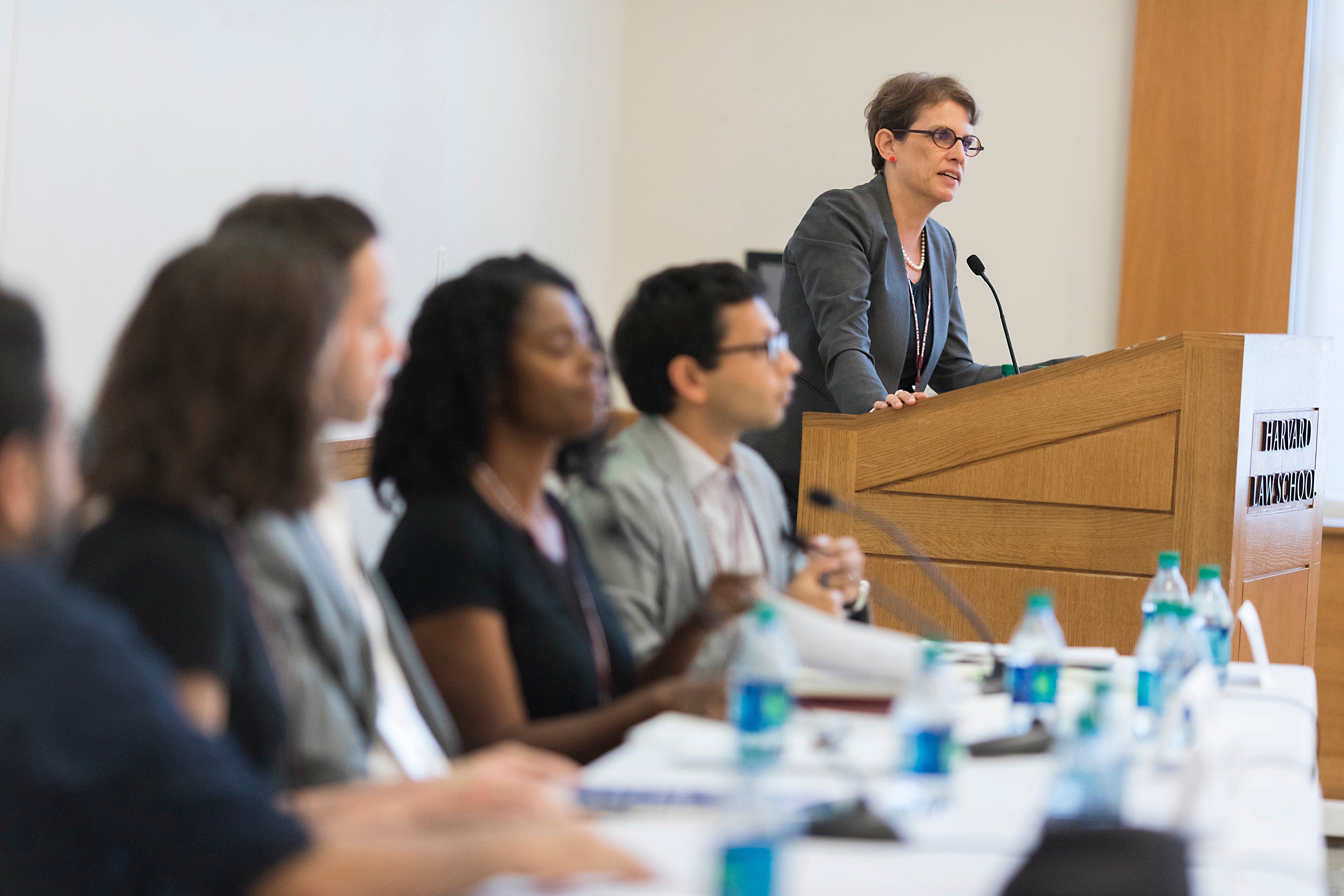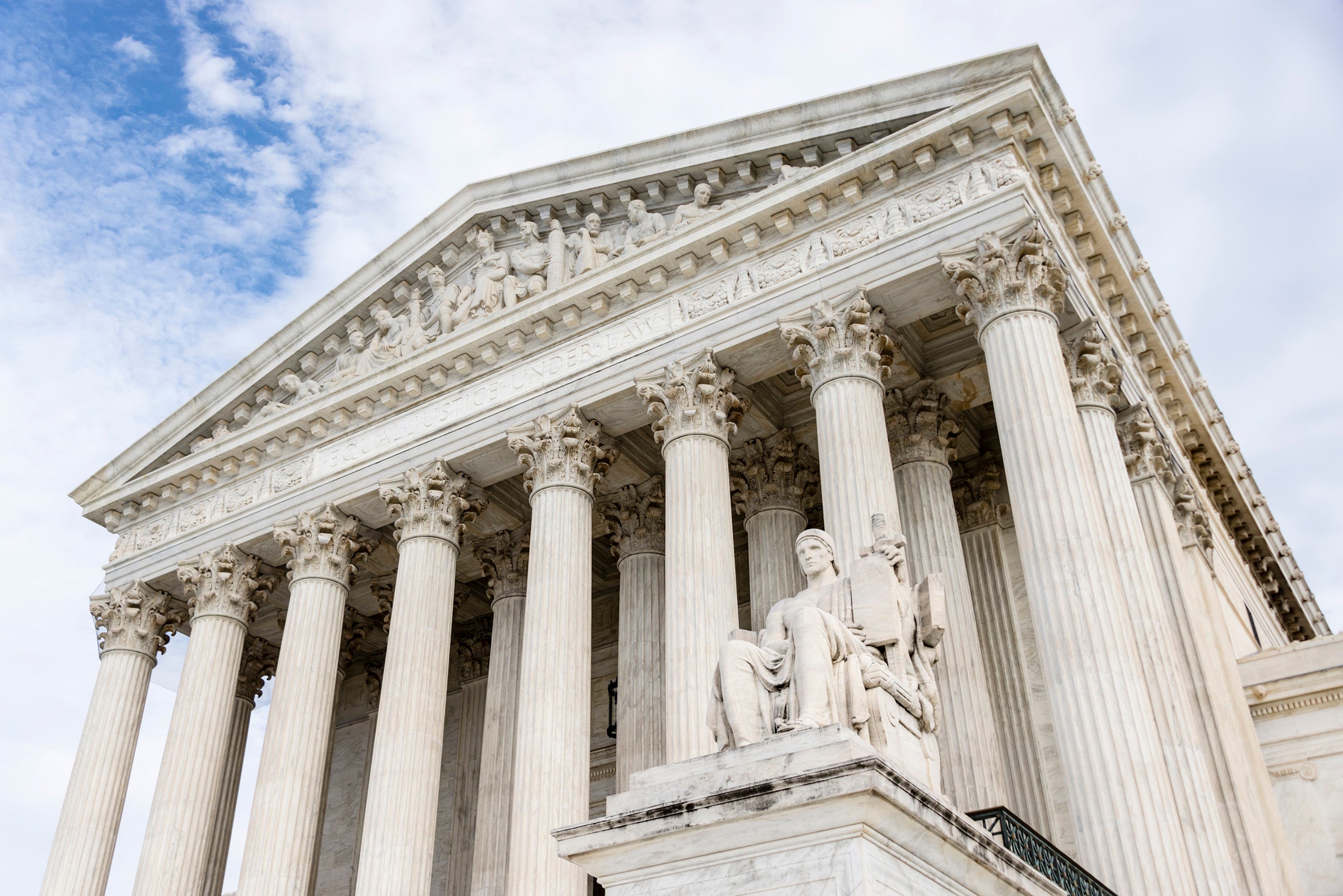Areas of Interest
Employment and Labor Law
-
Harvard Law Today asked Professor Benjamin Sachs to tell us if the Biden administration is keeping its promises on labor and employment, how it’s doing — and what problems it may encounter down the road.
-
COVID and the law: What have we learned?
March 17, 2021
The effect of COVID-19 on the law has been transformative and wide-ranging, but as a Harvard Law School panel pointed out on the one-year anniversary of campus shutdown, the changes haven’t all been for the worse.
-
Since President Joe Biden took office in January, dozens of Harvard Law community members, including faculty and alumni, have been tapped to serve in high-profile positions in his administration
-
How COVID-19 has changed the workplace in 2020
September 8, 2020
Sharon Block and Ben Sachs of Harvard Law School's Labor and Worklife Program discuss COVID-19’s continued impact on the workplace and worker’s rights to a safe and healthy work environment.
-
The Stepfather, Parts I, II and III
December 19, 2019
Jimmy Hoffa’s disappearance remains a mystery. Harvard law professor Jack Goldsmith set out to solve it through the primary suspect — his beloved stepfather, from whom he had been estranged for 20 years.
-
The hidden labor supporting algorithms
July 3, 2019
Berkman Klein Center for Internet & Society Fellow Mary Gray, senior researcher at Microsoft Research, talks about her book “Ghost Work: How to Stop Silicon Valley from Building a New Global Underclass."
-
Richard Barbecho ’19 is this year’s winner of the Andrew L. Kaufman Pro Bono Service Award, granted each year in honor of Professor Andrew Kaufman, who spearheaded the pro bono requirement at Harvard Law School.
-
HLS celebrates National Pro Bono Week
October 22, 2018
As part of national Pro Bono Week, from Oct. 22 to Oct. 27, Harvard Law School's Office of Clinical and Pro Bono Programs is highlighting the work of outstanding attorneys engaged in critical pro bono legal work in the areas of immigration, civil rights, economic justice and climate change.
-
What do we really know about trade and labor?
September 21, 2018
On August 31, Harvard Law School’s Labor and Worklife Program, in collaboration with the University of Reading, organized a workshop on the “Past and Future of Labor Provisions in the Context of Trade.”
-
A ‘Clean Slate’ for the future of labor law
August 1, 2018
In July, Harvard’s Labor and Worklife Program began an ambitious effort to fix a broken system of labor laws. The program, with the overall title “Rebalancing Economic and Political Power: A Clean Slate for the Future of Labor Law,” began with a daylong seminar at Wasserstein Hall last month.
-
Sachs, Fried file amicus briefs in Janus v. ASFCME
February 20, 2018
In January, Ben Sachs, the Kestnbaum Professor of Labor and Industry, filed an amicus brief in Janus v. American Federation of State, County and Municipal Employees, urging the Supreme Court to reject Janus's challenge on the ground that it does not raise a valid First Amendment claim.
- 1
- 2

